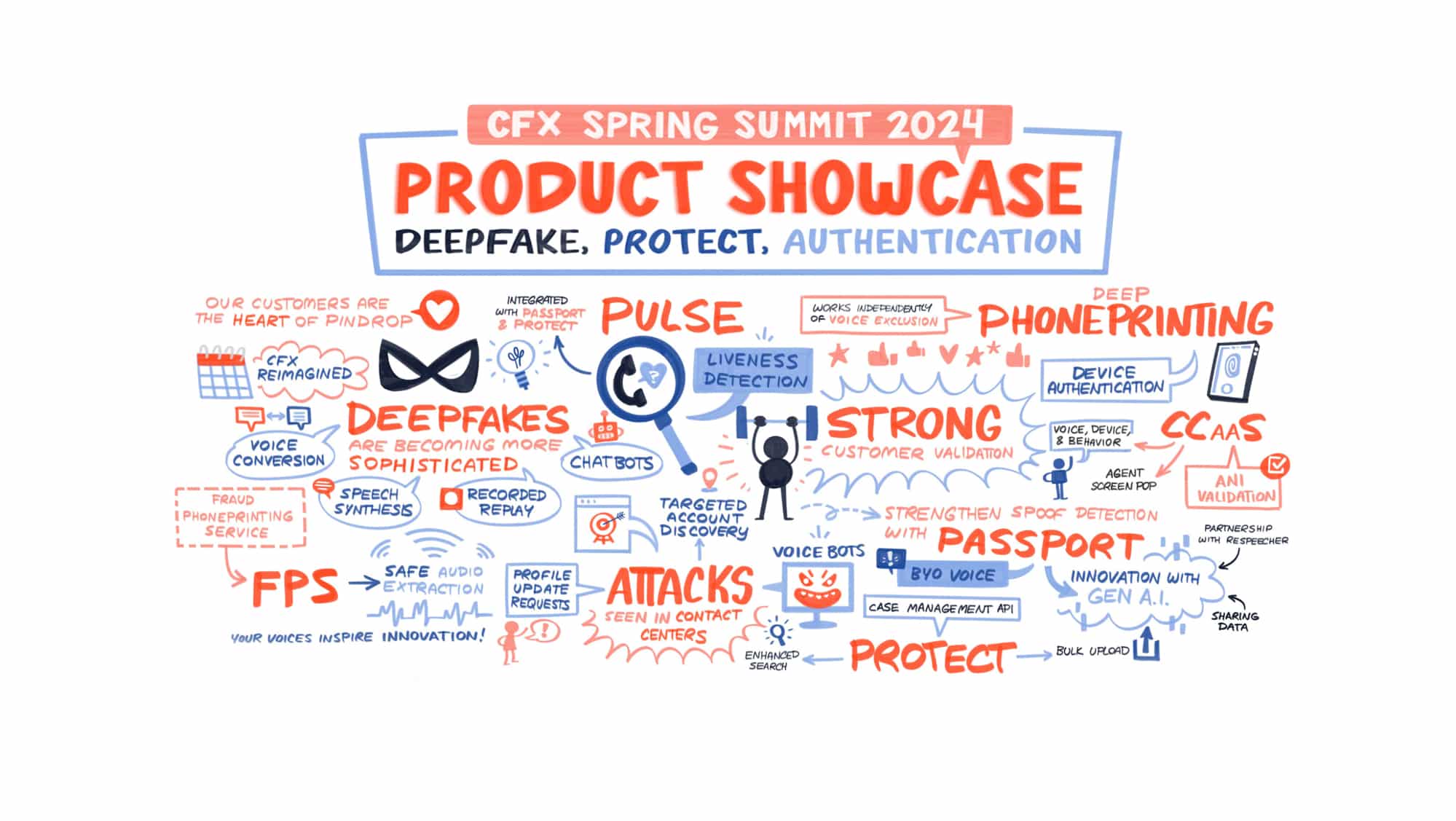Federal regulators are working on various methods to block robocalls, both to landlines and to mobile phones, with varying degrees of success. As those technologies make their way into the marketplace, some companies now are looking for clearance from the FCC to deliver their messages directly to customers’ voicemails without ringing their phones.
The commission is considering a petition from a company called All About the Message to “declare that the delivery of a voice message directly to a voicemail box does not constitute a call that is subject to the prohibitions on the use of an automatic telephone dialing system (‘ATDS’) or an artificial or prerecorded voice”. If the FCC approves the petition, it would mean that companies such as AATM would have the legal ability to push commercial or political messages to phone subscribers. The petition essentially asks the FCC to declare that these messages don’t constitute calls as defined by the commission, exempting them from the rules that govern robocalls and auto-dialers.
Many commercial companies and political parties and candidates use robocalls as part of their marketing, and the FCC has strict rules in place on how those calls can be made. In comments filed in support of the petition, he Republican National Committee maintains that because the messages are pushed directly to customers’ voicemail inboxes and not the result of missed phone calls, they aren’t traditional phone calls.
“In contrast, direct-to-voicemail technology permits a voice message to go directly to the intended recipient’s mobile voicemail via a server-to-server communication, without a call being made to the recipient’s telephone number and without a charge,” the RNC’s comments say.
“A call using direct-to-voicemail technology bypasses the wireless cellular network entirely and is instead routed over a business landline to the voicemail server of the voicemail service provider. Once the message is placed, the intended recipient receives an alert that he or she has a voicemail message. No call appears on the recipient’s phone bill and no charge is assessed for delivery or retrieval of the voicemail.Based on these facts, direct-to-voicemail is not a ‘call’ covered under the TCPA. Directto-voicemail messages are transmitted via a business line between servers, rather than to a wireless telephone number; they are delivered at no charge to the recipient; and they are delivered to a voicemail service, bypassing wireless carrier networks entirely.”
The RNC in its comments portrays the use of ringless voicemails as a free speech issue and says that if the FCC denies the petition, “it would have serious consequences for the First Amendment rights of those engaged in political communication via telephone.”
Consumer advocates, meanwhile, are urging the FCC to deny the petition.
“Americans are already fed up with unwanted calls to their cellphones, which have become increasingly common in recent years,” said Maureen Mahoney, policy analyst for Consumers Union, the policy and mobilization division of Consumer Reports. “The FCC shouldn’t make this problem even worse by weakening consumer protections and opening the door to unwanted voicemail messages from telemarketers and debt collectors.”
CC By-SA image by Salim Fadhley
Written by: Mike Yang
Recent Posts
- Pindrop’s ICASSP 2024 paper shows how room acoustics can enhance liveness detection
- Pindrop® Pulse, First to Accurately Detect Deepfakes from OpenAI’s Voice Engine
- 4 Top Cybersecurity Trends Discovered From Our Recent CFX Event
- Pindrop Named A Winner in the FTC Voice Cloning Challenge
- Pindrop® Pulse Excels in an Independent NPR Audio Deepfake Experiment


